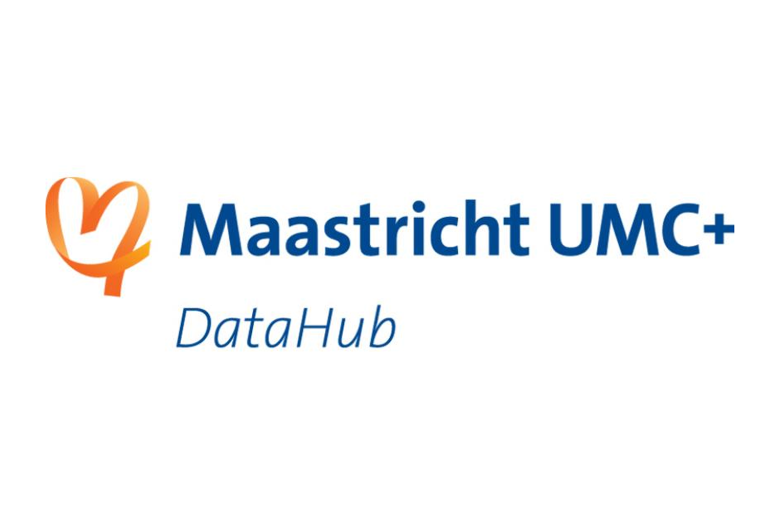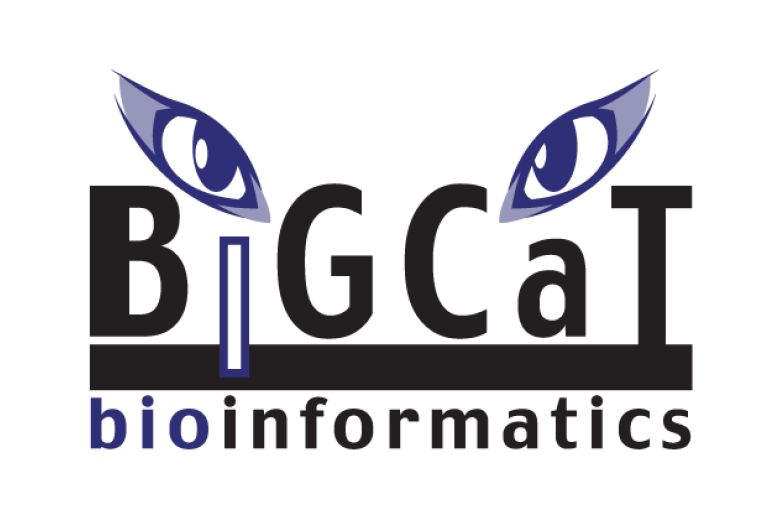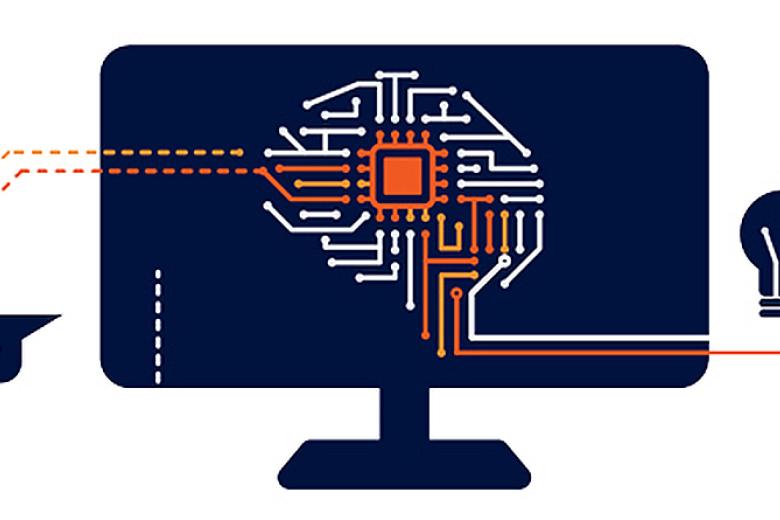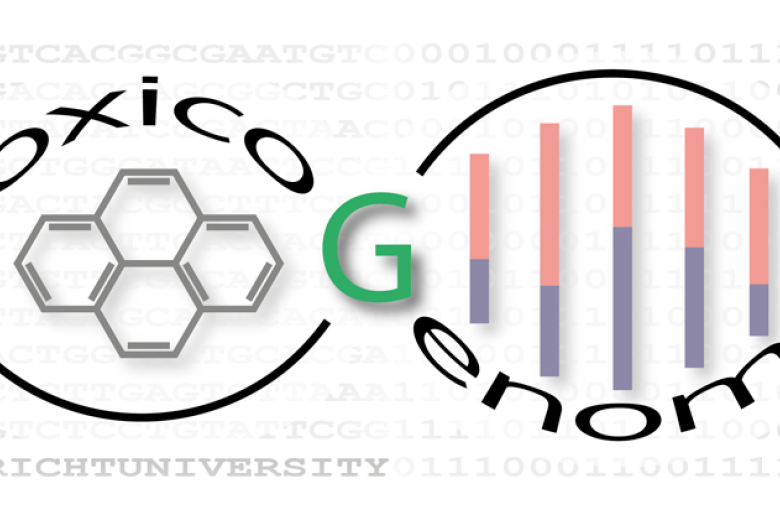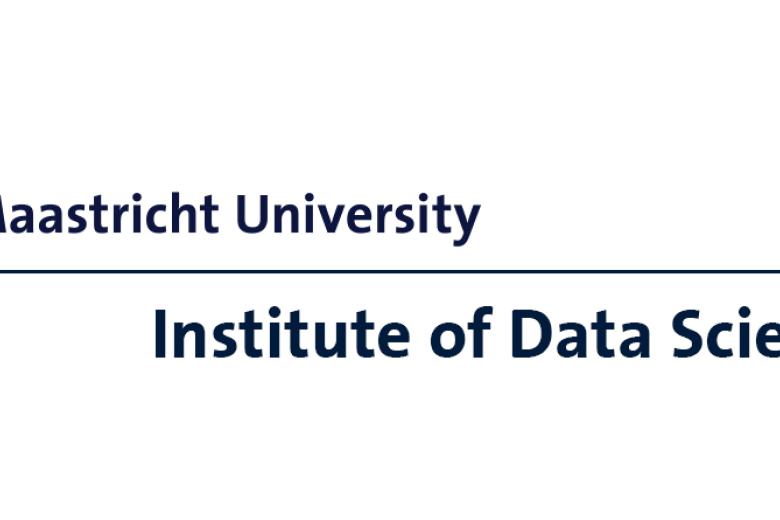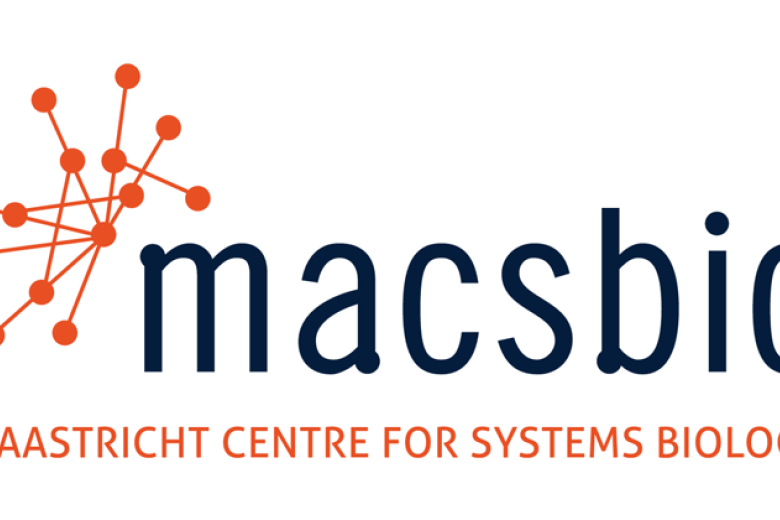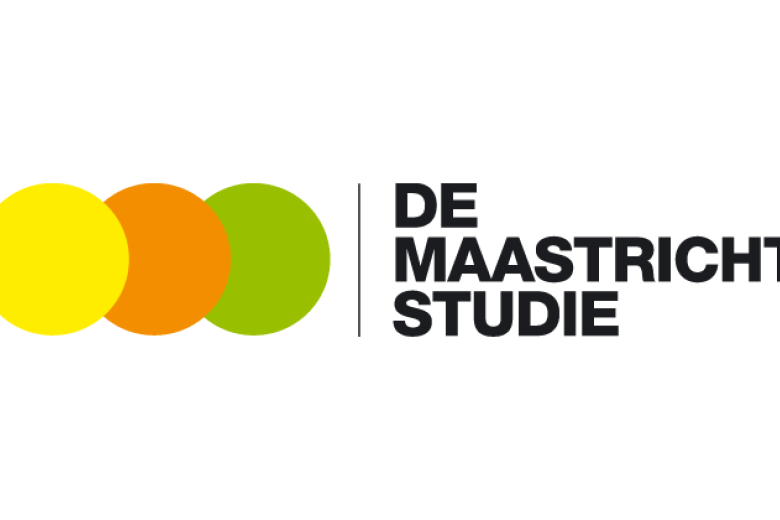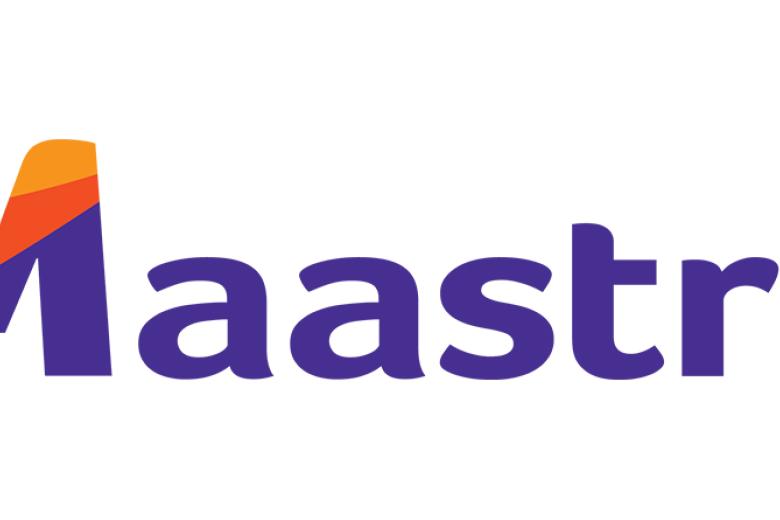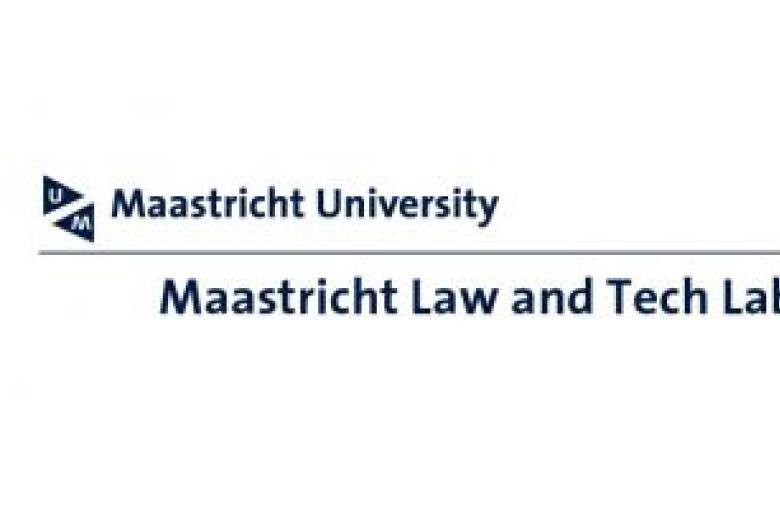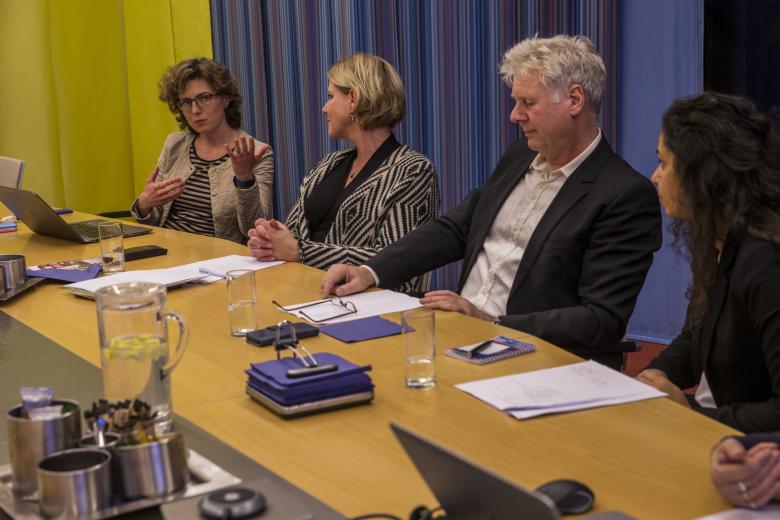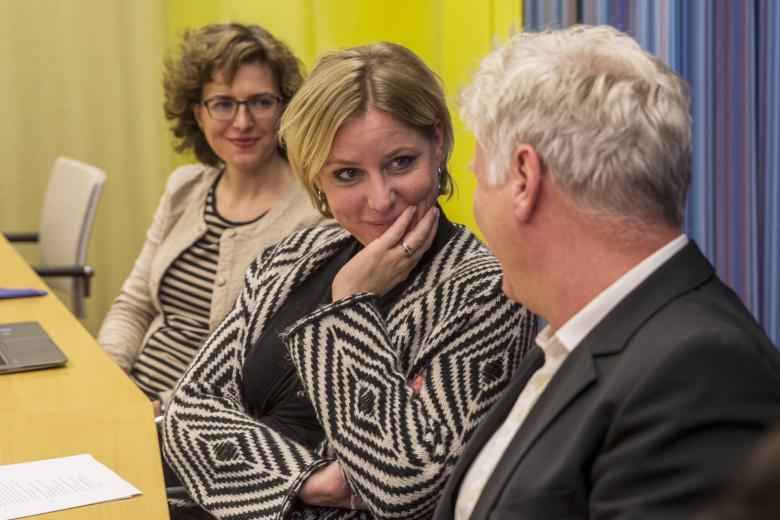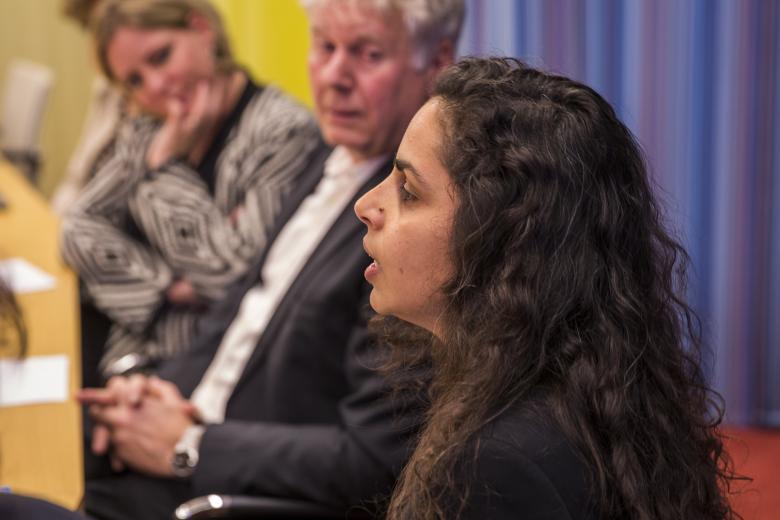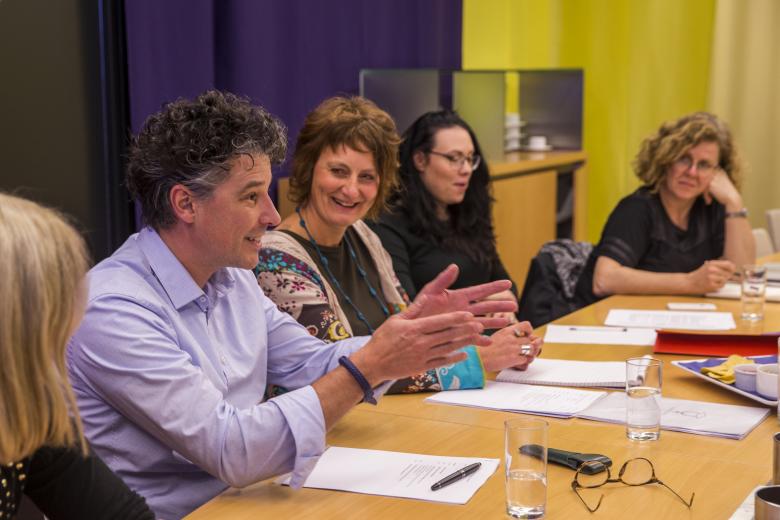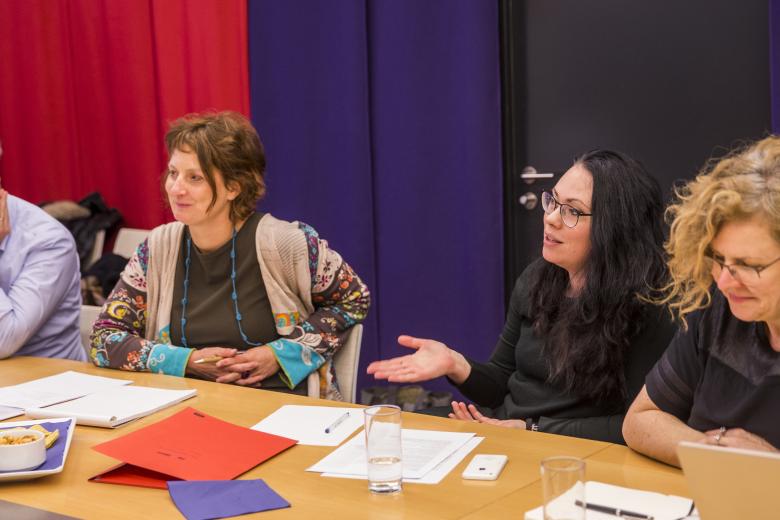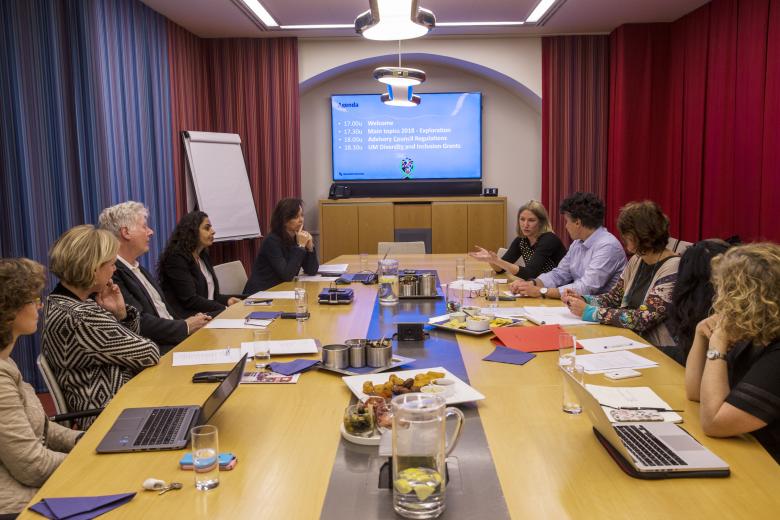After working in the consultancy area for luxury brands, he feels very connected to the highly innovative, creative, flexible and fast paced environment that eBay is. “Twenty Two years ago, eBay was founded in Sillicon Valley but unlike some other companies that originate from there, the founder stayed true to this one mission that he strongly believed in and still does obviously: Creating and maintaining a marketplace that is equally accessible to everybody creating economic opportunities around the world.”
Instead of moving back to Finland, where he is originally from, he moved to Brussels straight after graduating from European Law School. Together with his wife, who he met during his studies in Maastricht, he loves the Brussels’ life. So many friends and colleagues are, just like us, far away from their families which makes it easier to connect. Also, the enormous amount of professional opportunities, good salaries, affordable houses, facilities and lots of green spaces make it, by all means, a pleasure to live here. The ‘challenging’ Belgian administration is insignificant compared to these secondary conditions.
Although not in Maatricht anymore, he still feels strongly connected to Maastricht University. He gave lectures, was a guest speaker at skills trainings and met with future graduates at a Career Day. He’s recently been asked to join the External Advisory Board of the Faculty of Law in order to further develop the study programmes and check whether it aligns to the quickly changing labour market. “The strong connection with the university proofs to be beneficial for both eBay and me. We are assured of fresh intellectual input and the university stays up-to-date with trends, developments and needs. For example, I’m currently cooperating with a Tax Law Master student on her thesis on the EU VAT framework for e-Commerce”.
10 years ago, he fell for the reputation and the international character of UM on the one hand and the charming city on the other. “Once a student, I was specifically blown away by the quality of teaching, discussions with my peers and the room the university gives students to build their own profile. The amount of extracurricular activities was huge! I worked as a student assistant for the Department of International Property Law which allowed me to learn a great deal extra from Professor Anselm Kamperman Sanders and work on my network. We’re still in touch. He even invited me to speak on a conference the other day. It steered my career development really…”
I really feel home at the interface of law, business, and politics and think I’ll keep working in this area in one form or another for a very long time. I think the economy and society at large need people who bridge the worlds of politics and business – everyone loses if legislation does not work in practice.
Samuel Laurinkari, graduated from the European Law School of Maastricht University in 2009 and now works as a Head of European Union Affairs at eBay.
By Charlotte Groven
December 2017


